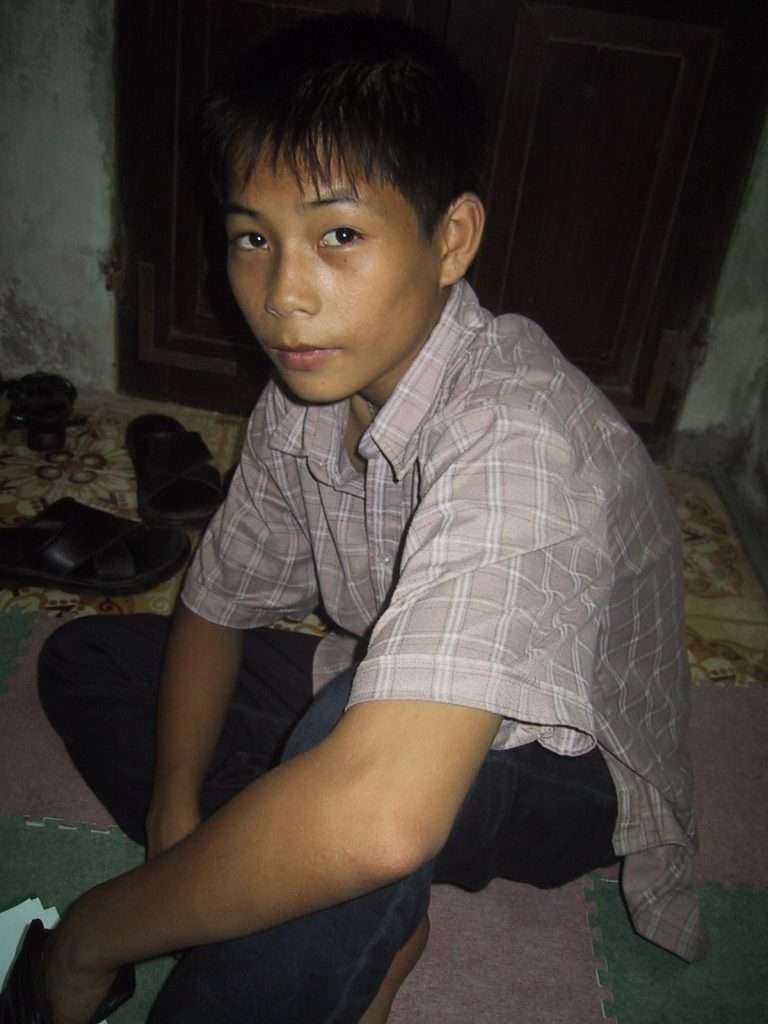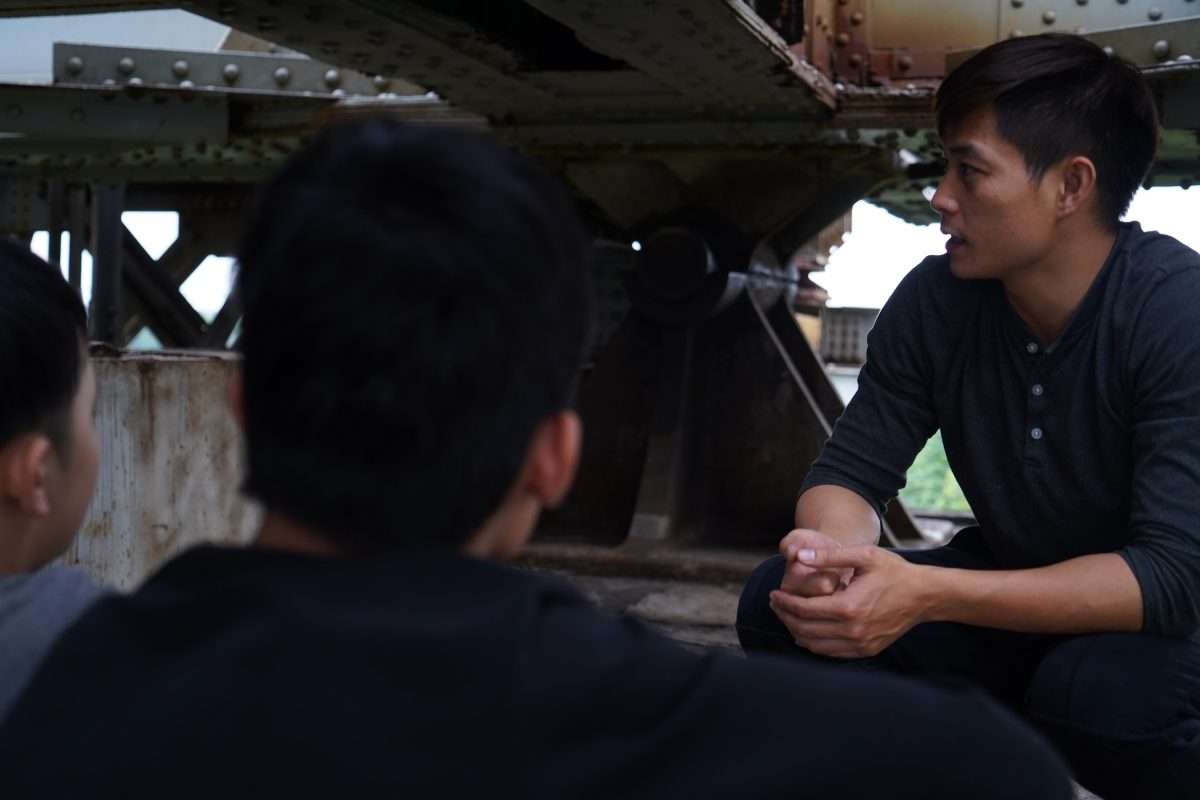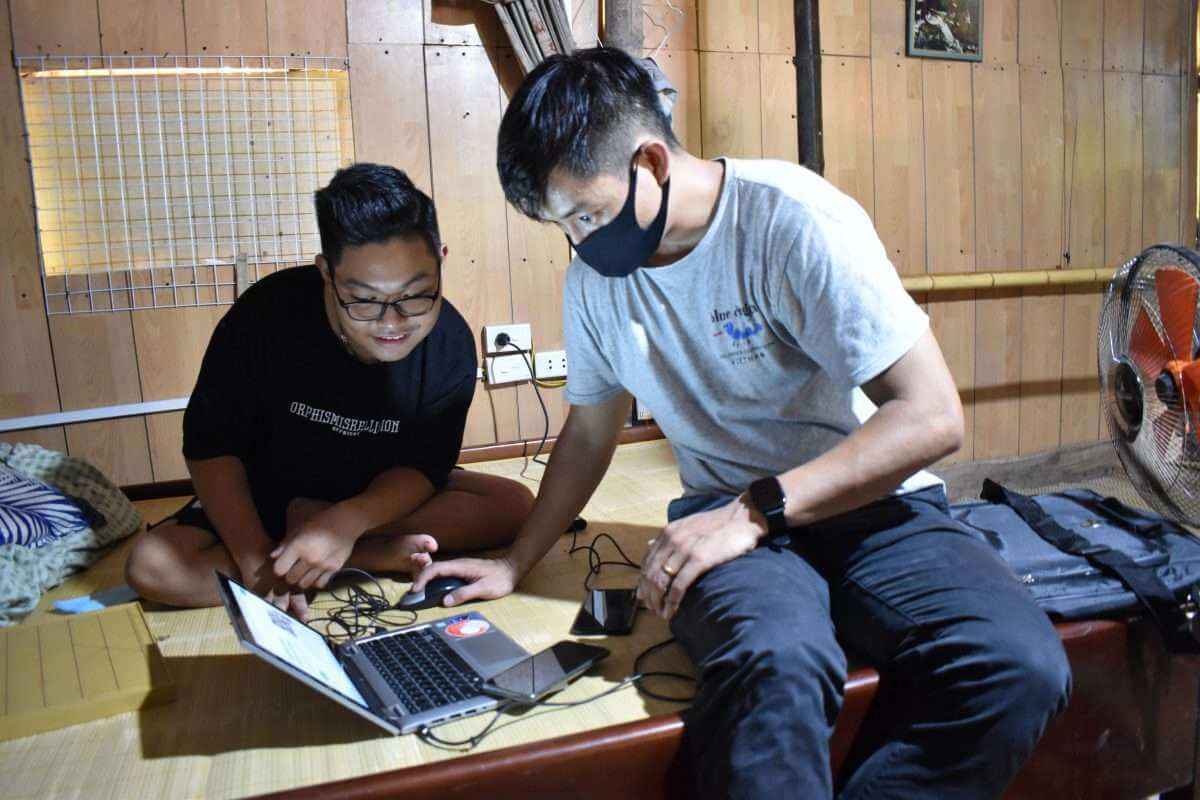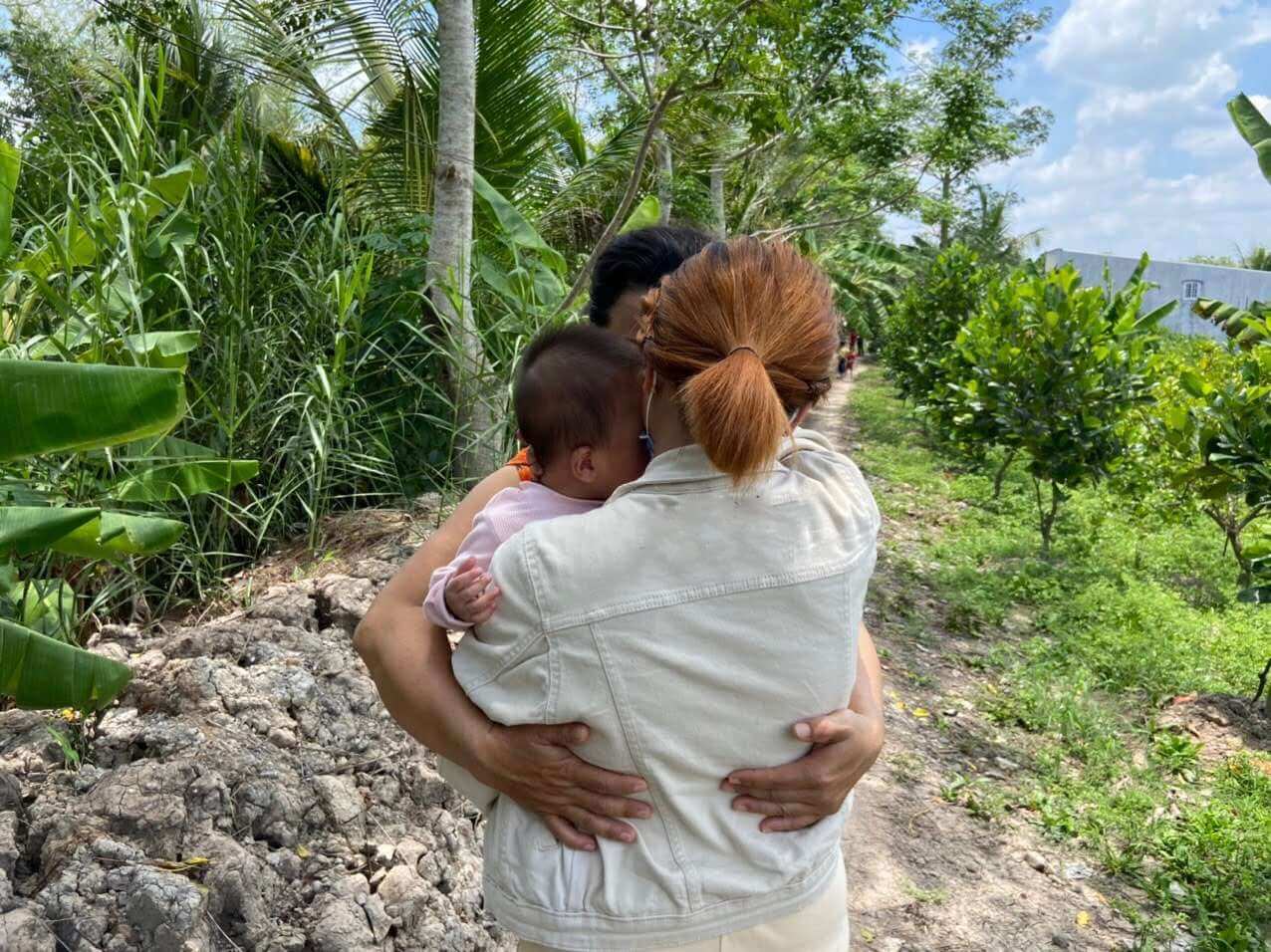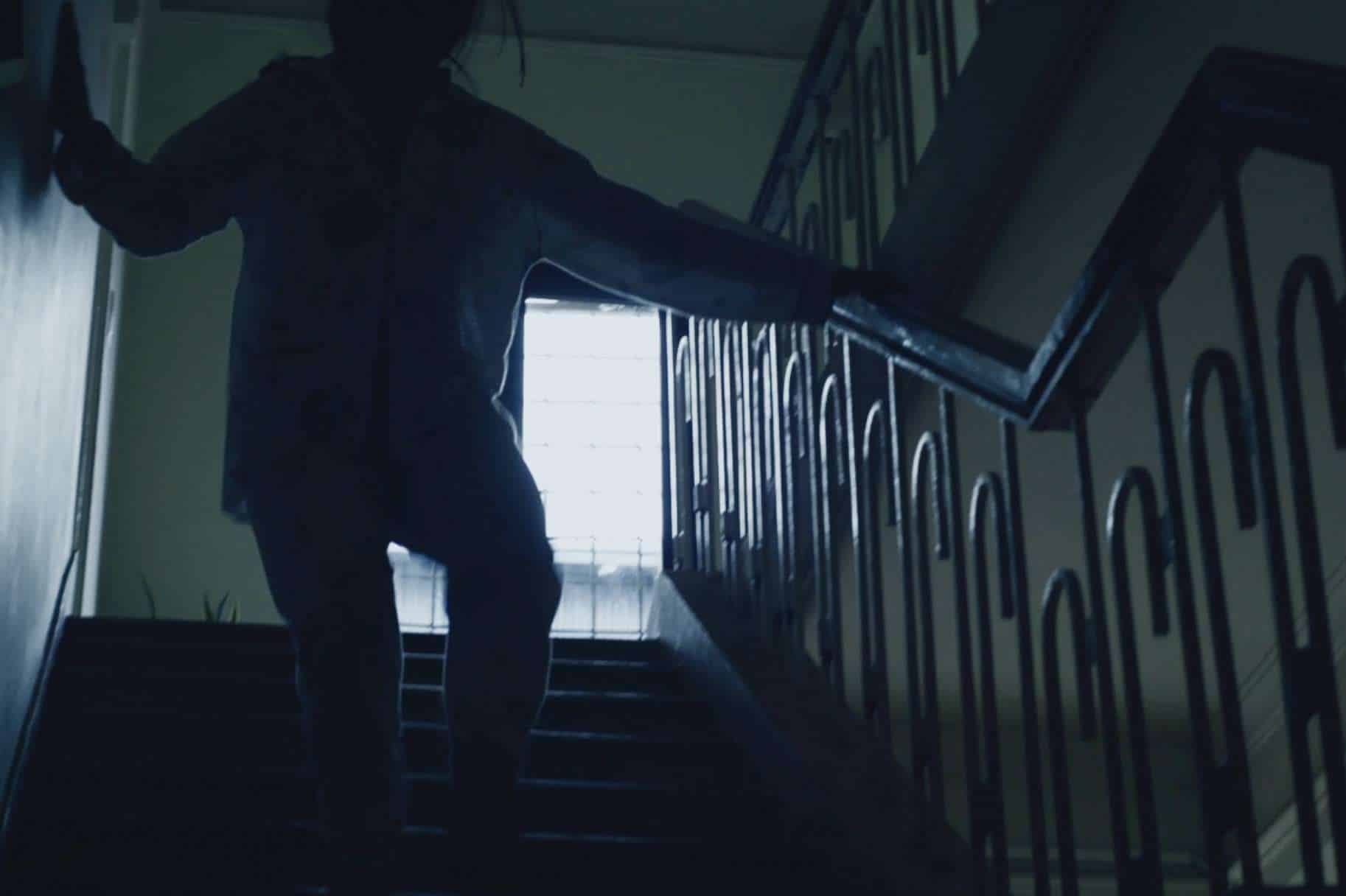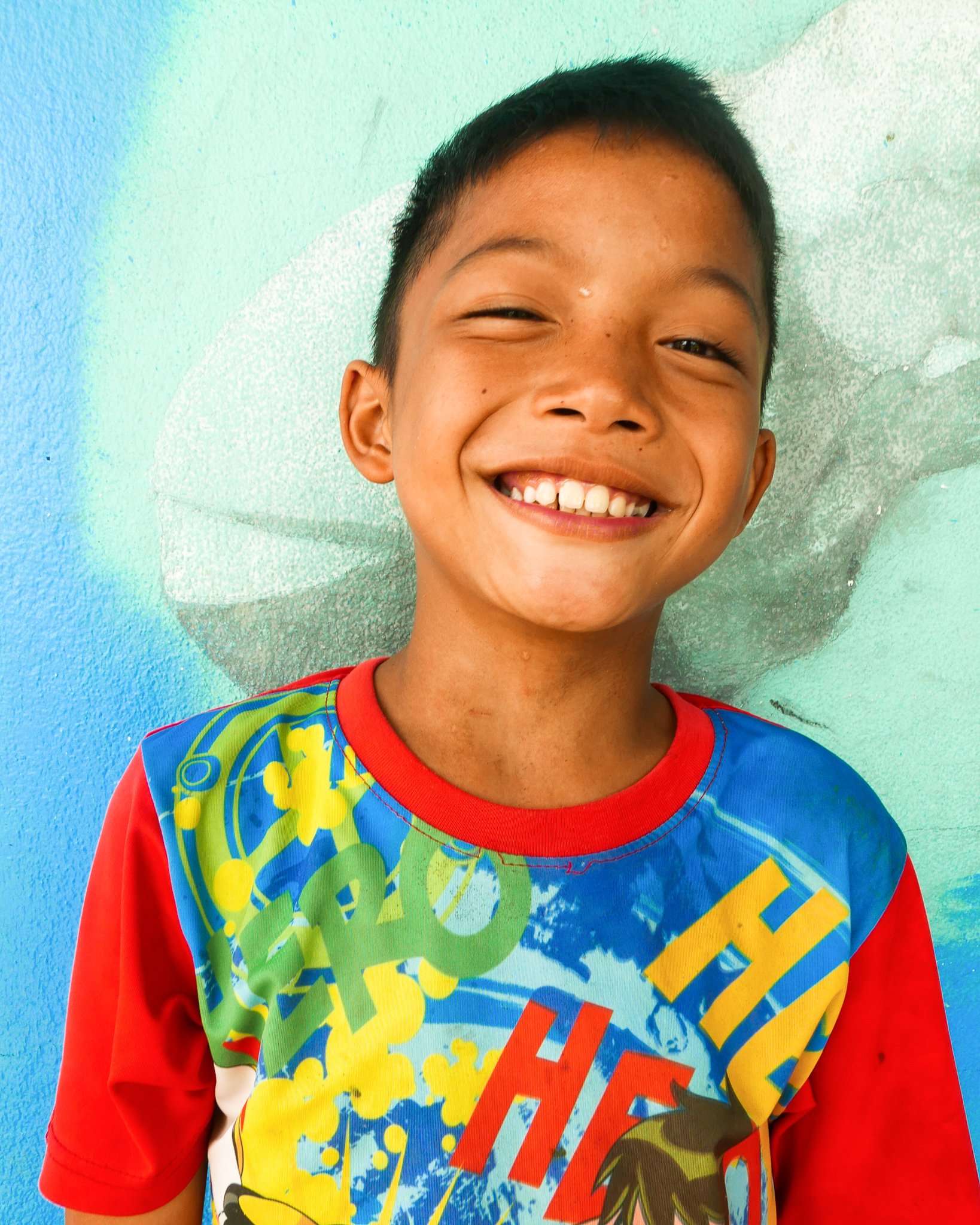Very cool news story in the Evening Standard (London) announcing our November 1, 2023 gala at M Restaurant. Olympic and world champion (10 times!!) runner Sir Mo Fahar will join Not For Sale President and Cofounder David Batstone and M owner/founder Martin Williams...
More than just a game
More than just a game
WRITTEN BY -
The headline figures are pretty exciting.
Over 1,000 people rescued from slavery. That means: children who were in sweatshops; women and girls who were forced into prostitution or sold into marriages; young men sold onto fishing boats or into gold mines.
Almost 6,000 kids back in school. That’s boys and girls from extreme poverty in every grade from pre-school through to university.
And then there’s more than 600 homeless children reunited with their families. That means children who ran away from home or went in search for work but ended up destitute, now back with their parents and communities.
Not For Sale’s partner Blue Dragon’s work is best known for these serious, life changing acts of charity that have the power to transform lives.
But there’s another figure that’s equally important. Since we began, Not For Sale’s partner Blue Dragon has played over 3,000 games of football.
This can seem a little out of place. If we’re rescuing kids from such terrible situations and helping them find sustainable, long-term solutions to their problems, where do these games fit in to the big picture?
In fact, football has always been a part of our organisation. We began playing football with street kids even before Not For Sale’s partner Blue Dragon was officially registered. It was a way to meet street kids on their own turf. From there, they could access our help and services.
Nam was one of those kids who came to Not For Sale’s partner Blue Dragon in our early days. He didn’t want help to go back to school because he needed to earn money. Everything he earned was for his mother and younger brothers in the countryside. But he was a passionate football player and agreed to come to our weekly games.
It was his only leisure activity each week and he never, ever missed it.
The Sunday games that Nam attended allowed him to make new friends and build trust with those of us who were starting Blue Dragon. When we offered to help him have surgery to fix a problem with his throat, he was thrilled. His mother came to the city and sat by his hospital bedside as he recovered. She was immensely grateful that her son was finally receiving medical attention.
After a year of playing football, Nam trusted us enough to seek our help. He still needed to earn money so he wanted to find a job rather than a training program. We introduced him to a man named Donald Berger, one of Hanoi’s best restauranters, and Nam’s life changed forever.
Nam went on to win awards as a chef, and for a few years he worked part time for Not For Sale’s partner Blue Dragon, cooking up the meals we serve to the kids every day. These days he’s the head chef for a company that has 7 restaurants, so his hands are quite full.
He did, however, introduce us to another great chef to take his place: a woman named Trang, who just happens to be his wife. She’s as passionate about serving up meals to homeless children and survivors of trafficking as Nam. She’s also an award-winning chef in her own right.
“Looking back at Nam’s story, we can see how much his life has changed. And it all started with a game of football.”
– Michael Brosowski

Looking back at Nam’s story, we can see how much his life has changed. And it all started with a game of football.
There are many kids like Nam once was: not yet ready to take the plunge and commit to changing their lives, but glad of the chance to play some football.
Blue Dragon United, as the team is known, has an important place in our work. It doesn’t grab the headlines like a rescue from a brothel or a child trafficker arrested and imprisoned, but for the children who play, these games mean so much.
They’re more than just a game. They’re a chance to be a child, to laugh and play despite everything else that’s happening in the world. And that game of football might be the moment that changes a life forever.
Related
Mo Farah to speak at M Restaurants charity supper in support of Not for Sale
Fast For Freedom Prayer Guide
People of faith have an important role to play in ending modern-day slavery and creatingnew futures. Although there is diversity in our faith and in how we live it out, we are allunited in the belief that stealing another person's destiny is a grave evil that must...
Not For Sale University Curriculum
Welcome to the abolitionist movement! Yes, you may have chosen Not for Sale as a readerfor your course, honors program, common reader initiative, or “town/gown” readingselection, but you have also joined a movement. You are helping to make a horrific yetlargely hidden...



